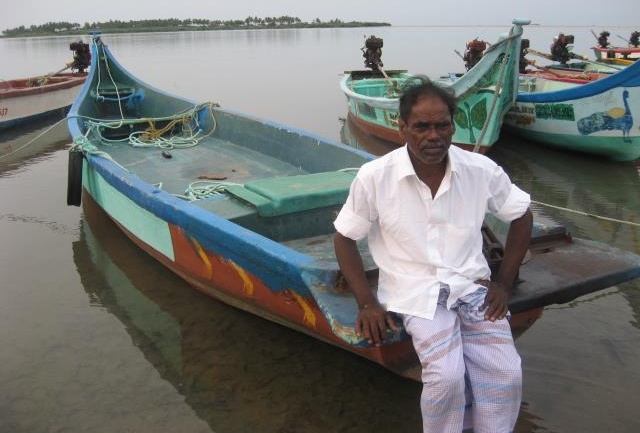Zoe Nelson-Carey, Habitat’s National Partnership Manager travelled to Cambodia in June this year to scope out projects that are changing lives for the better and see how more corporates can support this work.
My visit to Phnom Penh, Siem Reap and Battanbang was a real eye opening experience which gave me firsthand insights into the various ways Habitat is enabling communities and families to become self-reliant and resilient in the precarious environments that surround them. During my week in Cambodia, I learnt how Habitat is adopting innovative approaches to achieve long-term development goals, and I met families who are benefiting directly as a result.
A great example of this is a pilot program developed in partnership with Engineers Without Borders to deliver bio-gas digesters to Habitat’s partner families. Bio-gas technology allows families who own livestock to use animal waste products to create a sustainable energy source. The benefits to these communities are multi-faceted – the technology creates gas for families to cook with, it creates a form of safe and free fertiliser, reduces indoor air pollution and groundwater contamination, and reduces women’s time spent collecting firewood.

I visited two families who have been using this type of technology in their homes. It was lunchtime when I arrived at Tho Trok’s home. She was cooking fish for her two children using bio-gas. As a result of the time that she saved from no longer having to collect firewood, she told me she highly recommended the bio-gas digester to other families. She also had more time to help her children with their education.
Habitat is also taking an innovative approach in Cambodia through the creation of a social enterprise to address the lack of skilled construction workers in the country. Cambodia has a significant shortage of low cost housing providers, and as such low-income families have to resort to hiring unskilled builders. Such unskilled workers make up roughly 90% of the residential construction workforce in the country. Over the next five to ten years Habitat for Humanity Cambodia aims to build a network of skilled construction workers throughout the country. This social enterprise will consist of 100-200 member workers who will participate in a three month vocational training course, with a view to setting up franchises around the country. The long term impact will allow more families to build safe, decent and affordable homes.

It is through these kinds of innovative programs that Habitat has established itself not only as a leading provider of housing for families in need, but a forward thinking organisation that works in partnership with other NGOs, government agencies and corporate partners in finding solutions to allow people to flourish.
With 120,000 people moving from urban areas into cities each day across Asia, Habitat hopes to partner with more corporate supporters in order to bring innovative approaches to families in need of decent housing.
To find out more about partnering with Habitat, please call me on 1800 88 55 99, or email [email protected]

Skip to content
Skip to sidebar
Skip to footer


